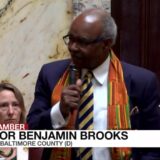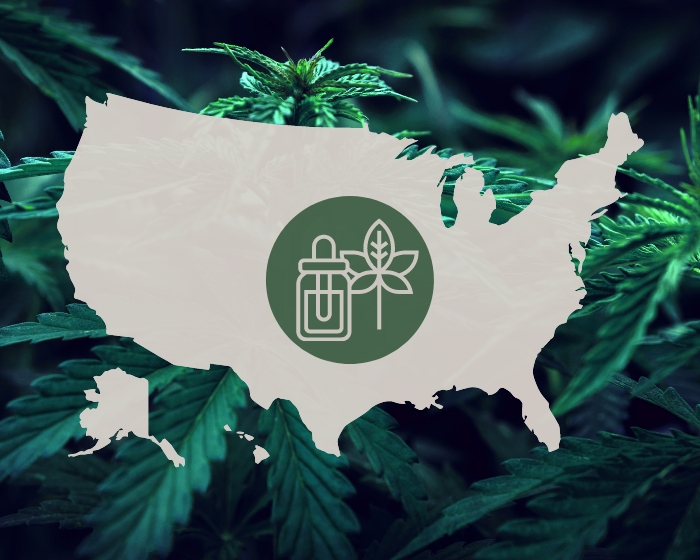Federal lawmakers are calling on the U.S. Food and Drug Administration to prioritize regulation of CBD and other cannabis-derived substances, reports Hemp Grower.
Last week, when Congress authorized spending for the fiscal year with its omnibus spending package, it directed the FDA to establish regulations for cannabis derivatives including CBD.
Although the U.S. Senate Committee on Appropriations didn’t increase funding for the FDA to use toward regulation of cannabis and its derivatives, it directed the agency to maintain funding for regulation. That includes developing policy, they said.
The legislation calls on the FDA to issue, within 90 days, a policy clarifying its stance on enforcement of hemp-derived CBD products. These are currently sold in a regulatory gray area without review or approval by the FDA. Companies that have sought FDA approval have been denied.
The FDA’s discretion over enforcement will remain in effect until the agency establishes a process for businesses and other stakeholders to notify them of use of CBD in products and show the results of safety studies so the agency can determine approval.
The Senate committee encouraged the FDA to partner with an academic institution to expand sampling studies of CBD products currently on the market. In addition, the committee encouraged the FDA to review and keep up with medical research on CBD to ensure that its regulations don’t discourage development of new drugs.
The Senate committee also instructed the FDA to continue with its existing regulatory responsibilities, including:
- review of product applications
- inspections
- enforcement
- targeted research for cannabis-derived substances, such as CBD
The omnibus appropriations package approves spending for federal operations and services through September. President Biden signed the legislation Friday, March 11, after the Senate passed it late the night before, and the House mid week. The $1.5 trillion spending bill included $13.6 billion in aid to Ukraine.
Although the cannabis section wasn’t funded with dollars and isn’t legally binding, the U.S. Hemp Roundtable was enthusiastic about the instructions to the FDA. The committee made clear that the regulation of hemp-derived substances is the FDA’s job, the coalition wrote, and Congress is directing the agency to act.
That direction may be necessary. In spite of requests for regulation from the business world, the FDA has delayed creating a regulatory framework and said as recently as November that it needs more time to research the public health implications of cannabinoid use. Part of the FDA’s stated research plan is to monitor social media platforms where people can speak freely about cannabis. Another potential complication is that the FDA has already approved CBD for use in an an epilepsy drug. And no drug has never been subsequently approved for use in food or supplements.
In December, a bipartisan group of lawmakers introduced a bill, the CBD Product Safety and Standardization Act, that would require the FDA to develop CBD regulations for food and drink. The bill was referred to the House Committee on Energy and Commerce, but hasn’t seen substantial action since.
Coming back to the spending package, the U.S. Hemp Roundtable noted several other points that demonstrate Congress’ commitment to supporting the hemp industry, including:
- Directing the USDA to determine a scientific basis for the current limit of .3 percent THC in hemp and suggest alternative levels if appropriate. THC produces no psychotropic effects until at least 1 percent concentration, according to the Congressional Research Service.
- Establishing a dual designation for hemp as a specialty crop to ensure all producers have access to USDA programs
- Rejecting proposals that would increase government administrative fees for hemp producers
- Increasing funding by $1.5 million for industry support through the USDA Marketing and Regulatory Program
- Calling on federal agencies to work with the institutions to ensure hemp producers have access to loans




















